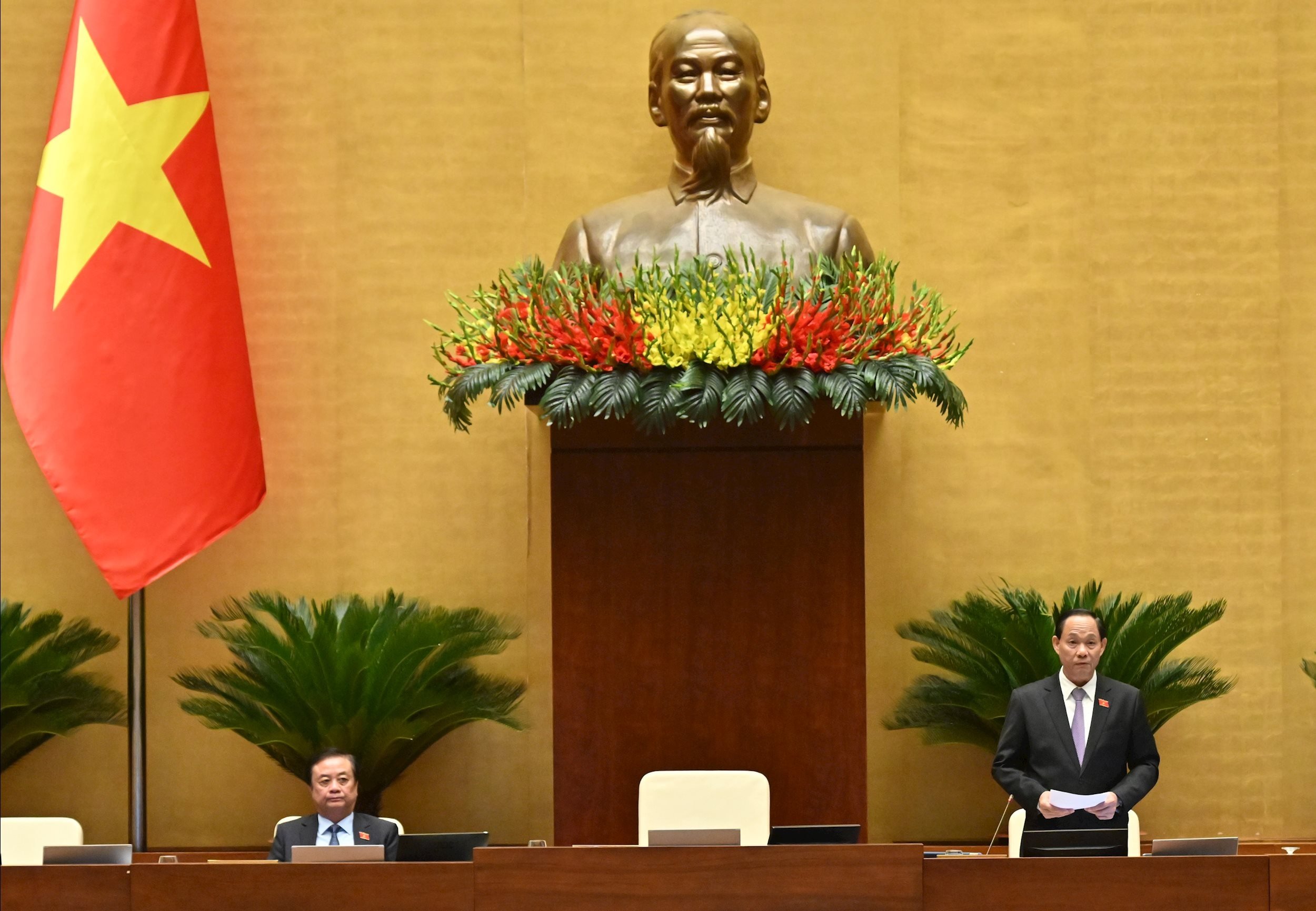
Deputy Speaker of the National Assembly , Lieutenant General Tran Quang Phuong, presided over the session. Photo: Quang Khanh
Separate the defense and security industry fund into two independent funds.
Presenting the summary of the three draft laws, Minister of Public Security Luong Tam Quang stated that, based on the Party's guidelines, the State's policies, and the practical results of the restructuring and streamlining of the political system's organizational apparatus in recent years; and through monitoring the implementation of laws, the Government has reviewed and proposed the development and promulgation of the three aforementioned draft laws to ensure that their provisions are consistent with the results of restructuring the state apparatus and local governments at two levels; to meet the urgent requirements of practice; to be in line with the breakthrough policy of developing science and technology, innovation, national digital transformation, building a security industry in the era of national development and progress; to promote decentralization and delegation of power; to reduce administrative procedures; and to be consistent with the legal system.
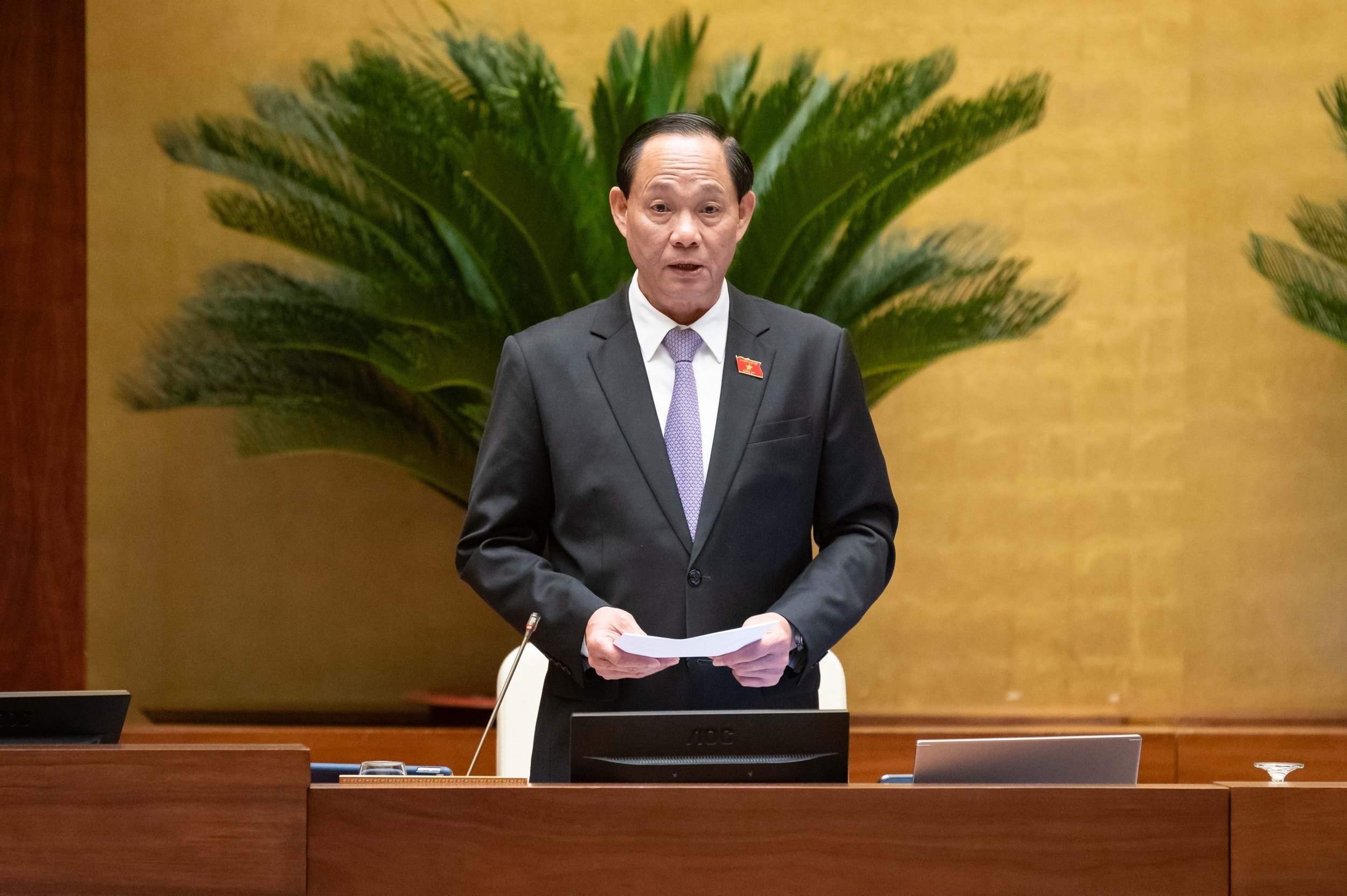
Deputy Speaker of the National Assembly , Lieutenant General Tran Quang Phuong, presided over the session. Photo: Pham Thang
The draft Law amending and supplementing several articles of the Law on National Defense and Security Industry and Industrial Mobilization consists of two articles. Specifically, it will separate the national defense and security industry fund into two independent funds: the Investment Fund for the Development of the Security Industry and the National Defense Industry Fund. The Ministry of Public Security will manage the Investment Fund for the Development of the Security Industry, and the management of the National Defense Industry Fund will be decentralized from the Government to the Ministry of National Defense.
In addition, several specific regulations for the Security Industry Development Investment Fund are added, including financial resources from contributions by members participating in the National Security Industry Complex, operating principles of risk acceptance and venture capital investment for the construction and development of the security industry, and especially, affirming the principle of not overlapping expenditure with the Defense Industry Fund.
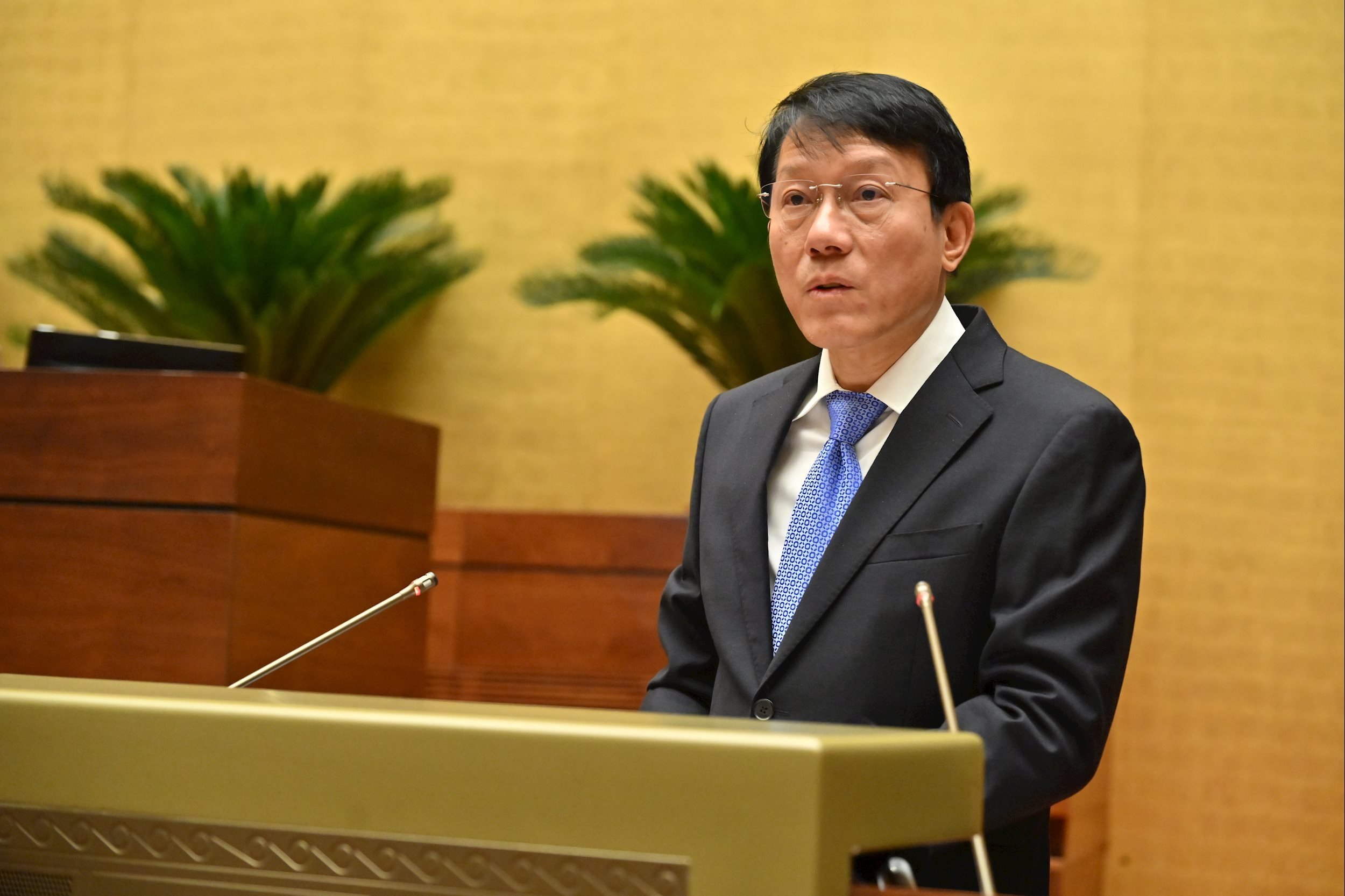
Minister of Public Security Luong Tam Quang presents a summary of the three draft laws. Photo: Quang Khanh
The draft Law adds a section on national security industrial complexes to Chapter II, comprising four articles, stipulating the functions, tasks, and components of national security industrial complexes (Article 45a), the unification of national security industrial complexes (Article 45b), members participating in national security industrial complexes (Article 45c), and the State's policy towards national security industrial complexes (Article 45d).
The regulations are supplemented with provisions for similarity to the regulations on defense industry complexes in Section 7, Chapter II. However, specific provisions are added regarding the unique characteristics of the national security industry complex compared to the defense industry complex to avoid duplication and overlap, and to institutionalize the Politburo's requirements for the national security industry complex.
The regulations are amended to include a provision for a "Security Industry Development Management Council" established and chaired by the Minister of Public Security; and to add the responsibility of the Ministry of Public Security in managing and implementing the certification of conformity of security industry products and services with corresponding standards or regulations.
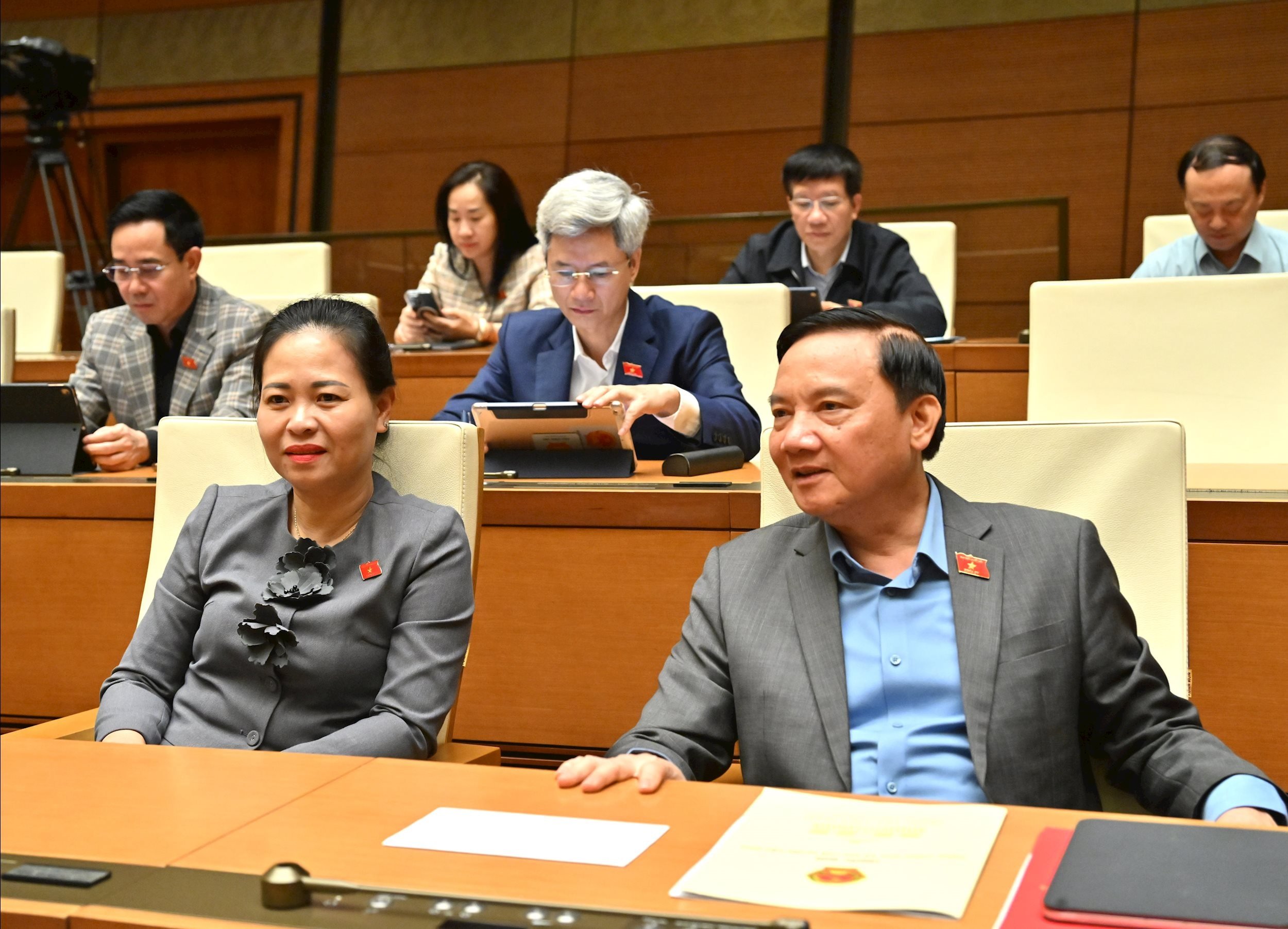
Deputy Speaker of the National Assembly Nguyen Khac Dinh and other delegates attend the session. Photo: Quang Khanh
Regarding the draft Law on Cybersecurity, the Minister of Public Security stated that the draft Law comprises 9 chapters and 58 articles, including 30 articles inherited from the 2018 Law on Cybersecurity (21 articles remain unchanged; 9 articles are amended and supplemented), 16 articles inherited from the 2015 Law on Network Information Security (12 articles remain unchanged; 4 articles are amended and supplemented); 9 articles are consolidated and 3 new articles are added.
The amended regulations focus on the following issues: (1) Supplementing regulations on data security assurance. (2) Supplementing regulations on the responsibility to identify IP addresses and provide them to specialized forces for cybersecurity protection; supplementing regulations on funding for cybersecurity protection of state agencies, organizations, state-owned enterprises, and political organizations; supplementing regulations on encouraging the use of Vietnamese security industry products and services; supplementing regulations on granting cybersecurity certificates.
The draft Law on Protection of State Secrets (amended) consists of 5 chapters and 28 articles. The draft law inherits the provisions and content that remain relevant from the 2018 Law on Protection of State Secrets; in which, 7 articles are retained and 21 articles are amended or supplemented.
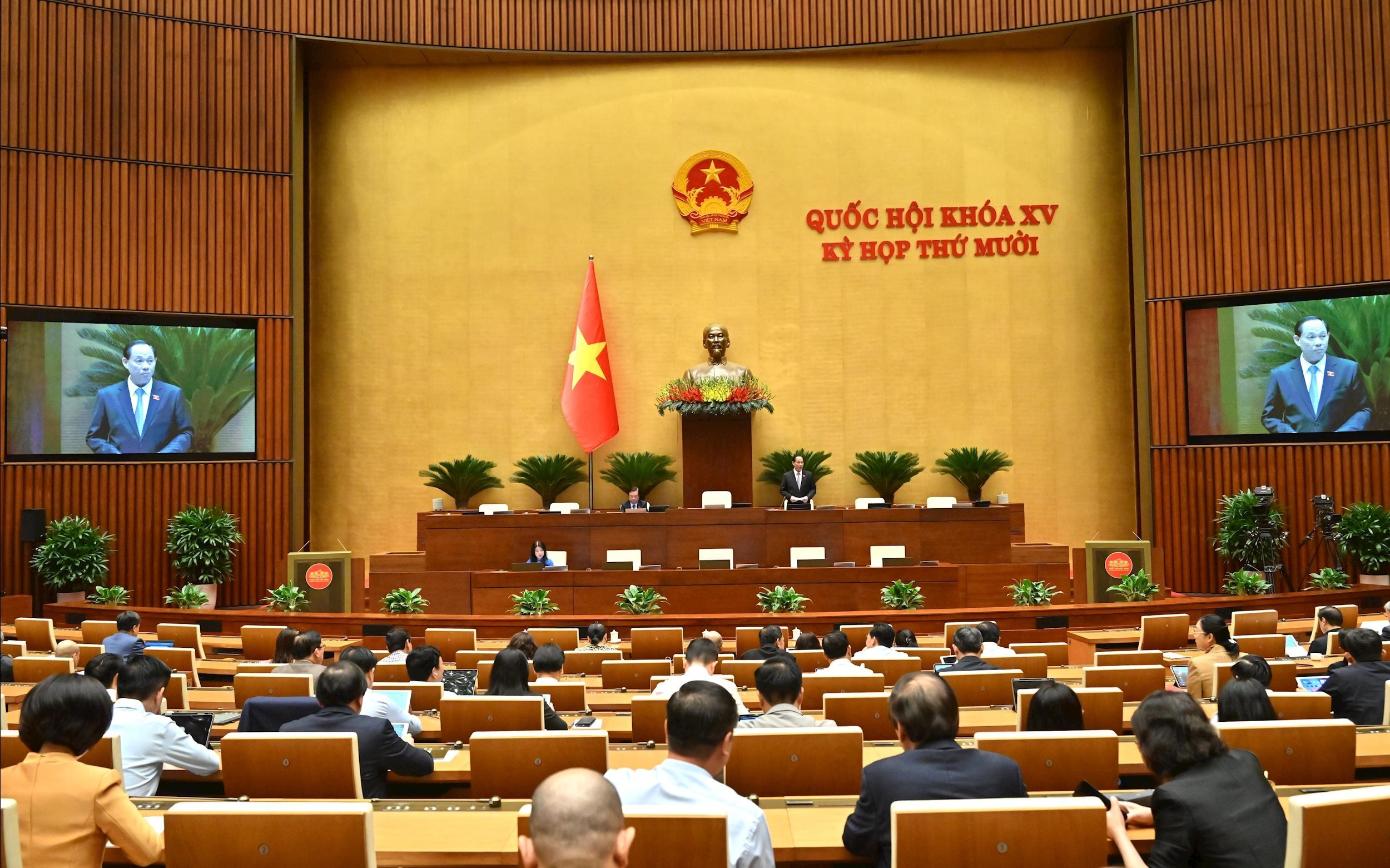
The scene at the meeting. Photo: Quang Khánh
A new feature of the draft law is the expansion of permission to copy, extract, and store state secrets electronically. Specifically, this involves "expanding the use of independent LANs established within the premises of agencies and organizations, without encryption using cryptographic methods, in order to thoroughly resolve the obstacles in the 2018 Law on Protection of State Secrets and meet the requirements of national digital transformation."
Simultaneously, the draft Law adds a provision strictly prohibiting the use of artificial intelligence systems to infringe upon state secrets. It also supplements the authority and responsibility for protecting state secrets for commune-level governments and some central agencies organized according to a regional model. Furthermore, it supplements and refines regulations on handling documents containing state secrets in the electronic environment. Finally, it abolishes some administrative procedures within agencies, organizations, units, and localities related to the protection of state secrets.
Regarding decentralization and delegation of authority, the draft Law stipulates that it aims to thoroughly decentralize authority to ministries, departments, and provincial and commune levels, especially at the commune and regional levels, in the protection of state secrets, thereby increasing the authority and responsibility of agencies, organizations, and localities in the protection of state secrets.
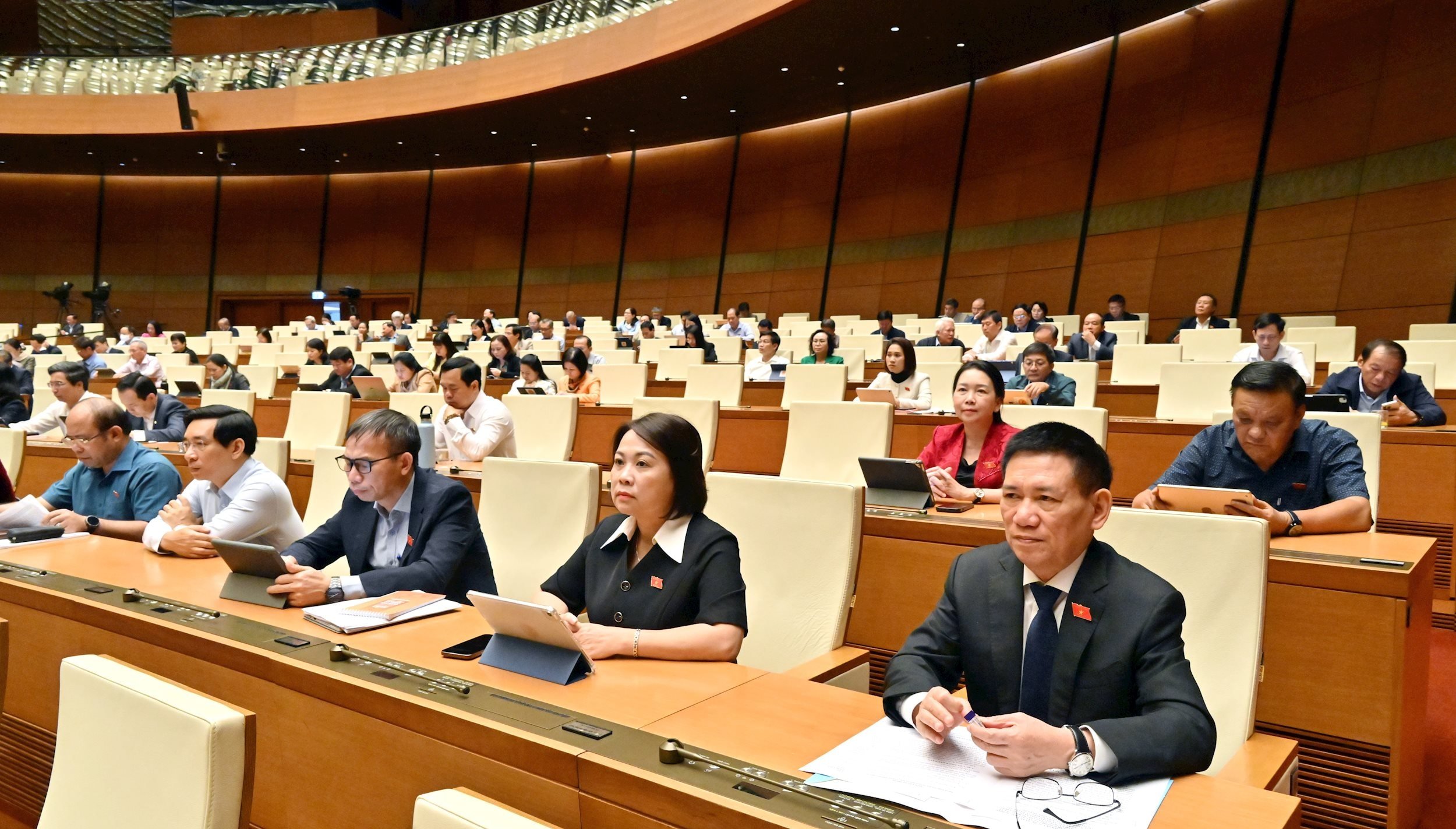
Delegates attending the session. Photo: Quang Khánh
It is necessary to ensure the conditions are met to transition from "pre-inspection" to "post-inspection".
Presenting a summary of the verification report on three draft laws, the Chairman of the National Defense, Security and Foreign Affairs Committee, Le Tan Toi, stated that the Committee basically agrees with the drafting of the laws amending and supplementing a number of articles of the Law on National Defense, Security and Industrial Mobilization; the Law on Cybersecurity; and the Law on Protection of State Secrets (amended).
Regarding the draft Law amending and supplementing a number of articles of the Law on National Defense, Security and Industrial Mobilization, the Committee proposes studying the concept of the Security Industry Development Investment Fund in Clause 1, Article 22 to make it clearer, encompassing practical needs and adhering to the Politburo's directives; at the same time, studying the revision of the concept of the National Defense Industry Fund in Clause 1, Article 22 for consistency.
Thoroughly review the security industry products and services listed in point a, clause 2 to avoid omitting important security industry products and services or providing general regulations and then leaving it to the Government to specify them.
Regarding the National Security Industry Complex, some regulations concerning the functions and tasks of the National Security Industry Complex, the core of the National Security Industry Complex, and its participating members are illogical and inconsistent, therefore, it is proposed that these regulations be revised.
Regarding the draft Law on Cybersecurity, the Committee on National Defense, Security and Foreign Affairs agreed on the necessity of enacting the Law, primarily by consolidating the content of the 2018 Law on Cybersecurity and the 2015 Law on Network Information Security.
The Committee also suggested that, regarding the business of cybersecurity products and services (Chapter VI), the specific content should be carefully reviewed to shift from "pre-approval" to "post-approval" based on compliance with cybersecurity standards and regulations (except in special cases) in order to minimize legal compliance costs, increase flexibility, and align with Resolution No. 66-NQ/TW of the Politburo.
At the same time, it is necessary to minimize administrative procedures, eliminate regulations on licensing conditions for cybersecurity products and services (Article 37) and professional practice certificates (Article 38), or only provide a framework and leave it to the Government to regulate the details.
The Committee on National Defense, Security and Foreign Affairs also proposed that cybersecurity assessments... must ensure a minimum of 10% of the total budget for implementing information technology projects and programs"; and suggested reviewing the responsibilities of the Ministry of National Defense and the Government Cipher Committee in protecting cybersecurity for information systems and in state management of cybersecurity to ensure compliance with the authority, functions, and tasks stipulated by law…
Regarding the draft Law on Protection of State Secrets (amended), the Committee on National Defense, Security and Foreign Affairs proposes adding provisions on: the responsibility of entities receiving documents and materials containing state secrets to review them; criteria for deciding on the extension of the protection period for state secrets and the maximum extension period; and the process for determining and stamping the security classification of electronic documents containing state secrets.
At the same time, it is proposed that further research be conducted to simplify the procedures for destroying documents and materials containing state secrets, by granting the authority to the head of the agency or organization, or their deputy, to decide on this matter.
Regarding the responsibility of agencies and organizations to protect state secrets (Article 24), it is proposed that the responsibility of the Government Cipher Committee in carrying out state management in this field be stipulated to be consistent with the provisions of the Cipher Law and in accordance with the functions and duties of the Government Cipher Committee.
Source: https://daibieunhandan.vn/day-manh-phan-cap-phan-quyen-cat-giam-thu-tuc-hanh-chinh-10393763.html



![[Photo] Prime Minister Pham Minh Chinh receives Lao Minister of Education and Sports Thongsalith Mangnormek](/_next/image?url=https%3A%2F%2Fvphoto.vietnam.vn%2Fthumb%2F1200x675%2Fvietnam%2Fresource%2FIMAGE%2F2025%2F12%2F16%2F1765876834721_dsc-7519-jpg.webp&w=3840&q=75)
![[Live] 2025 Community Action Awards Gala](/_next/image?url=https%3A%2F%2Fvphoto.vietnam.vn%2Fthumb%2F1200x675%2Fvietnam%2Fresource%2FIMAGE%2F2025%2F12%2F16%2F1765899631650_ndo_tr_z7334013144784-9f9fe10a6d63584c85aff40f2957c250-jpg.webp&w=3840&q=75)

![[Photo] Prime Minister Pham Minh Chinh receives the Governor of Tochigi Province (Japan)](/_next/image?url=https%3A%2F%2Fvphoto.vietnam.vn%2Fthumb%2F1200x675%2Fvietnam%2Fresource%2FIMAGE%2F2025%2F12%2F16%2F1765892133176_dsc-8082-6425-jpg.webp&w=3840&q=75)
![[Image] Leaked images ahead of the 2025 Community Action Awards gala.](/_next/image?url=https%3A%2F%2Fvphoto.vietnam.vn%2Fthumb%2F1200x675%2Fvietnam%2Fresource%2FIMAGE%2F2025%2F12%2F16%2F1765882828720_ndo_br_thiet-ke-chua-co-ten-45-png.webp&w=3840&q=75)
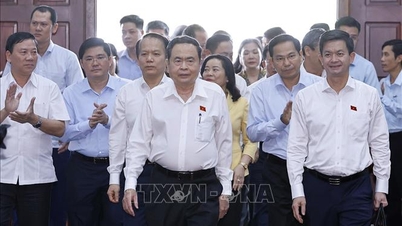



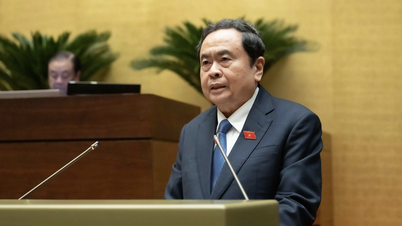

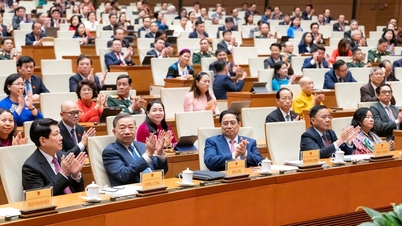

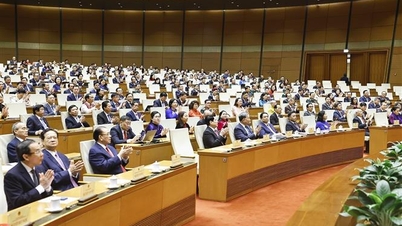
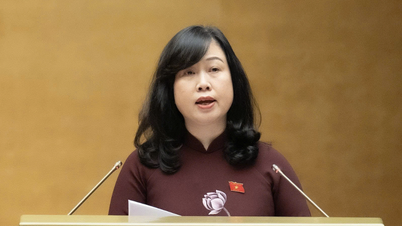














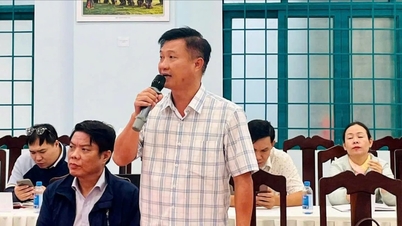

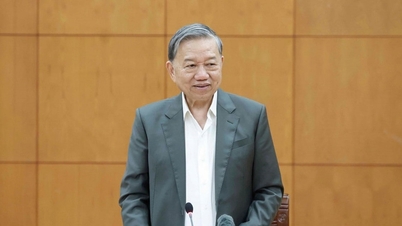






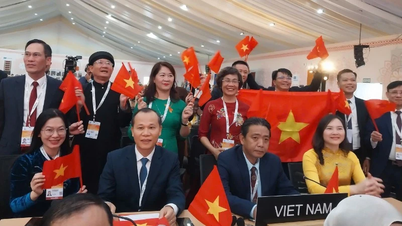






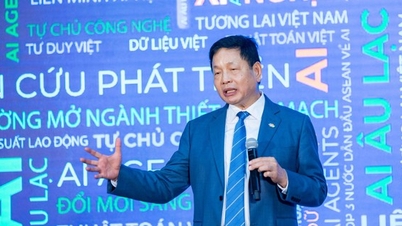






















![[Photo] Prime Minister Pham Minh Chinh attends the Vietnam Economic Forum 2025](https://vphoto.vietnam.vn/thumb/402x226/vietnam/resource/IMAGE/2025/12/16/1765893035503_ndo_br_dsc-8043-jpg.webp)































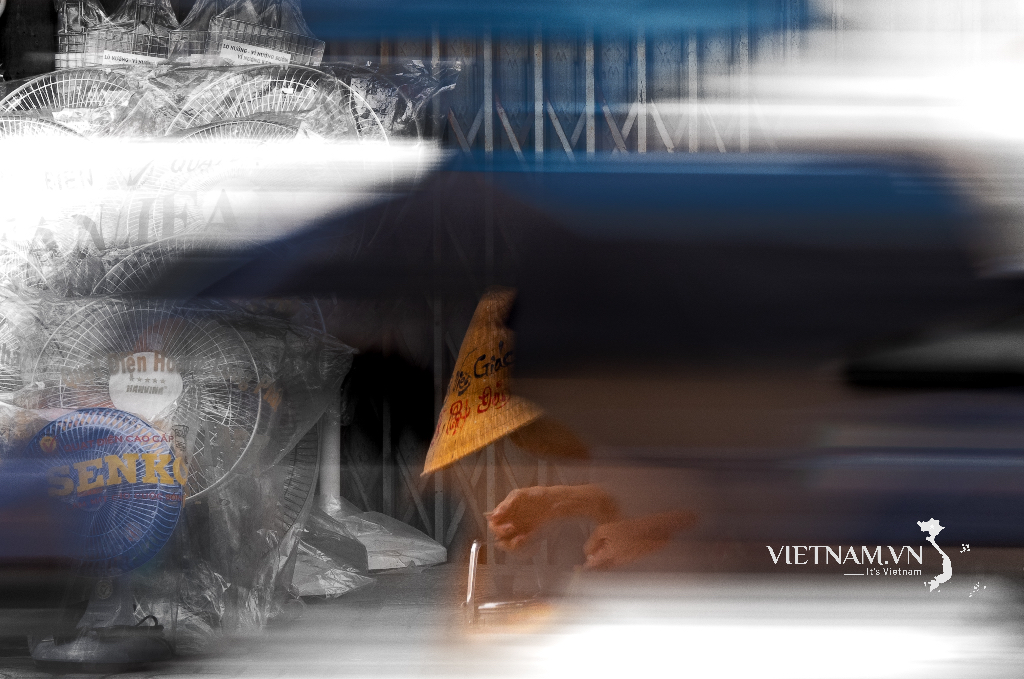


Comment (0)